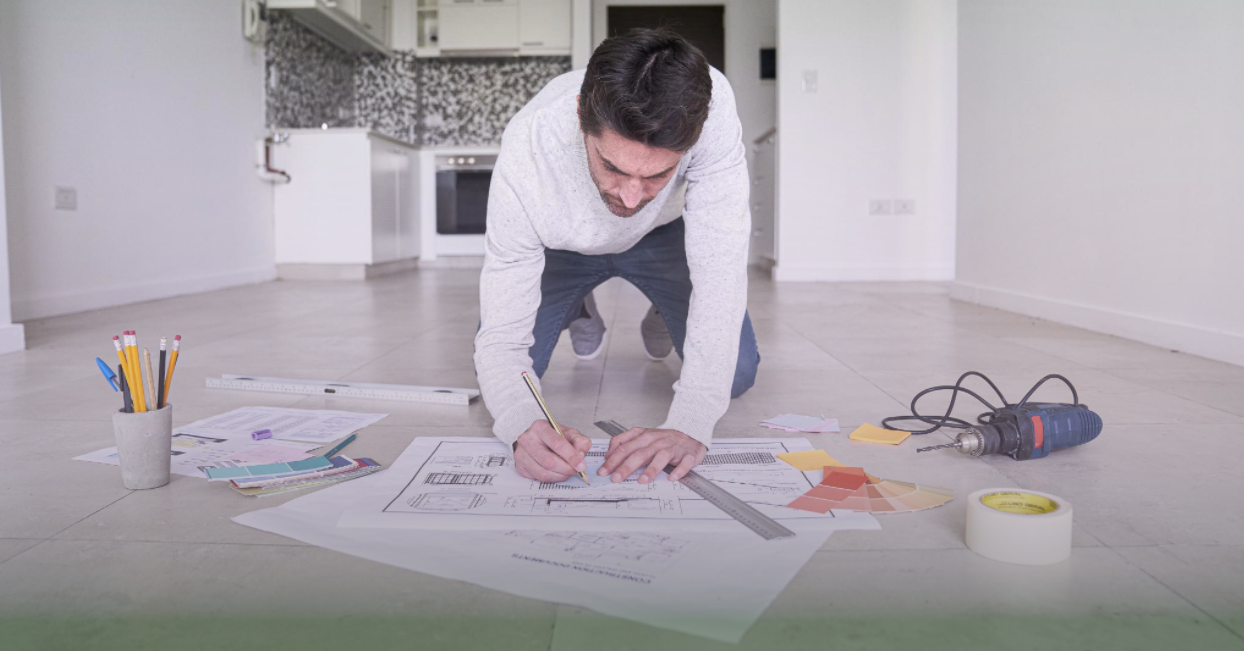5 Factors to consider when you are redesigning and renovating your commercial property

Article at a Glance:
- Start your commercial property renovation in Melbourne with a well-defined budget that covers all aspects of the project, including permits, materials, labour, and potential unforeseen costs.
- Always ensure your renovation project complies with Melbourne’s local building codes and regulations to avoid costly delays, legal issues, and fines.
- Consider immediate needs as well as the long-term impact of your renovation on the property’s market value
Is your commercial property in Melbourne in dire need of renovation? Redesigning and renovating commercial property can be an exciting yet intricate endeavour. It’s crucial to be well-informed and strategic when it comes to redesigning and renovating your valuable commercial real estate. In this article, we will delve into five pivotal factors to consider when planning a renovation project for your commercial property in Melbourne.
Budgeting: The Finances Always Matter
Renovating commercial property in major market-places like Melbourne costs a good fortune. So, setting a realistic budget is the starting point of commercial property renovation. Your budget will define the scope of your project, affecting everything from materials to design and construction timelines.
In Melbourne’s dynamic real estate market, miscalculating your budget can lead to financial stress or result in a compromised outing or even incomplete transformation. Partnering with professionals who can help you create a comprehensive budget that encompasses permits, labour, materials, and unforeseen costs is a wise investment in your project’s success.
Compliance with Building Codes and Regulations
Navigating the local building codes and regulations is a non-negotiable aspect of any renovation project. Melbourne has its own set of rules and guidelines that must be strictly adhered to [1]. Neglecting these regulations can lead to costly delays, legal issues, or hefty fines. Engaging architects, contractors, and project managers well-versed in Melbourne’s laws is a wise move to ensure your renovation proceeds without hitches.
Design and Layout: Meeting Your Business Needs
While renovating a commercial property, it is paramount to have a well-worked design and layout for the redesign. Doing so will ensure a seamless flow of the transformation and ensure your peace of mind about the job’s fulfilment.
The design and layout of your commercial property are crucial for the functionality of the building and determine its appeal to customers or tenants. The design should convey your brand identity, improve workflow, and create a welcoming and efficient environment. Collaborating with a skilled designer can bring your vision to life and optimise your space for both aesthetic appeal and practicality.
Material and Finish Selection: Prioritising Quality
Selecting the right materials and finishes is a decision that should be made carefully. The demands of a commercial space, especially in bustling Melbourne, require durability and ease of maintenance. Additionally, with growing sustainability needs, the use of energy-efficient appliances in commercial buildings is also a necessity.
Opt for materials that can withstand high foot traffic and the wear and tear of daily operations, and are eco-friendly as well. High-quality finishes not only enhance aesthetics but also ensure the longevity of your investment, making your property more attractive to potential clients.
Impact on Property Value & Tax Deduction
While your renovation should meet your immediate needs, it’s essential to consider the long-term benefits. Renovating a commercial property is an effective way to improve resale value of the property. Upgrades like new flooring, painting, or fixtures will boost the value of the property and its rental value. Renovations that appeal to a wide spectrum of tenants will ensure higher returns on your investment. Consulting with real estate experts or appraisers can provide valuable insights into the necessary upgrades that can ensure higher returns.
Furthermore, while renovating your commercial property, you should have some understanding of available tax deductions on property renovations. In the case of income-generating properties like commercial buildings, landlords can claim tax deductions or depreciation. The Australian Taxation Office (ATO) has a provision for tax-deductible expenses for property renovations. One thing you should know about this kind of claim is you can claim a tax deduction only for renovation activities arising from natural wear and tear of the property, such as cracks on walls or ceilings, or fading paint.
In conclusion, when redesigning and renovating your commercial property in Melbourne, keep in mind that it’s a multifaceted process. From budgeting to compliance with local regulations, design, material selection, and long-term value considerations, each factor plays a vital role in the success of your project.
A well-planned renovation not only revives your property but also enhances its appeal and value in the competitive world of Melbourne’s commercial real estate. By focusing on these key considerations, you can ensure that your renovation project is a strategic investment in the future success of your commercial property in Melbourne.
Reference:








